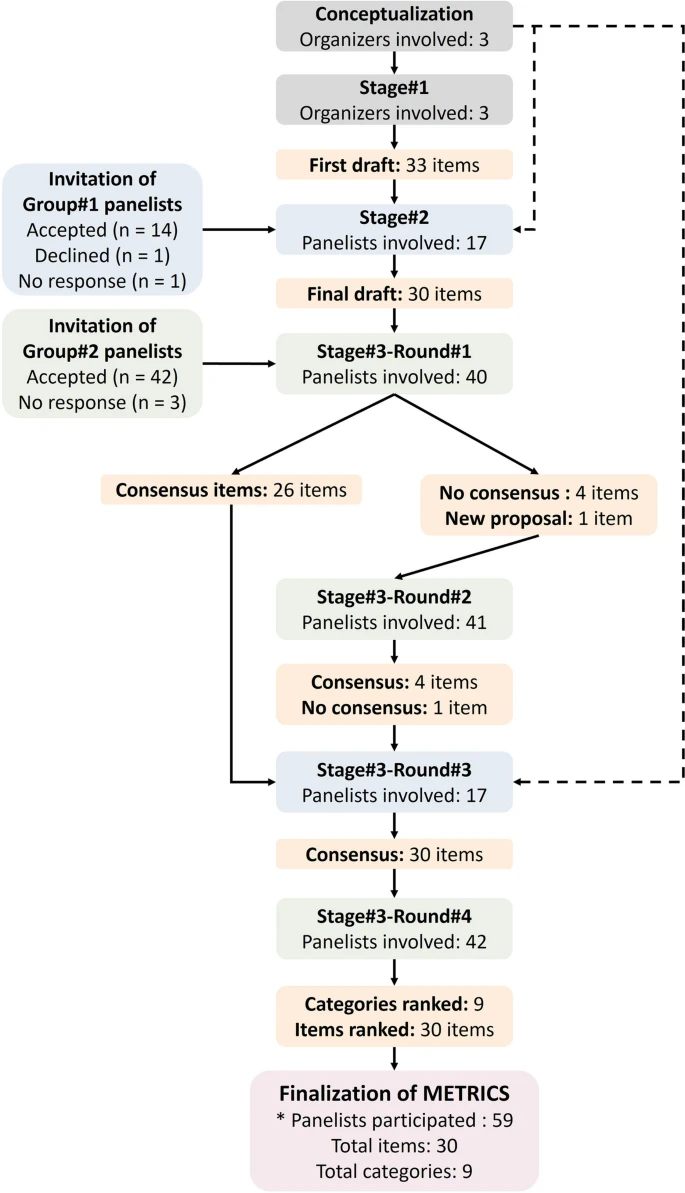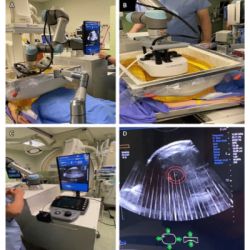Radiomics, a technique for extracting quantitative features from medical images, aims to build predictive models for clinical decision-making. However, a gap between research and practice exists due to poor methodology, hindering reproducibility. Researchers set out in a new study to develop a new quality scoring tool, METhodological RadiomICs Score (METRICS), to assess and improve the research quality of radiomics studies.
The METRICS scoring system was developed by an experts panel
The Radiomics Quality Score (RQS) was introduced in 2017 to close this gap, but its application can be ambiguous and limited. Recently, the CLEAR guideline for reporting radiomics studies was endorsed, promising better reporting but not assessing research quality. Hence, a new tool, METRICS, developed by international experts, aims to enhance the methodological quality of radiomics research. The authors conducted an online, modified Delphi study with a group of international experts. The consensus threshold was 75%, 59 panelists from 19 countries participated in selection and ranking of the items and categories. A web application was created to automate scoring, and a repository was established for community feedback.

Advantages and Considerations in Radiomics Quality Assessment
Compared to existing tools like RQS and MAIC-10, METRICS offers a transparent methodology for assigning weights, covers both traditional and deep learning-based radiomics, and includes conditional items to accommodate methodological variations. While study design received the highest weight, reflecting its crucial role, open science practices were deemed less impactful but still essential. Prospective data collection's role in radiomics remains uncertain, with panelists opting not to include it in METRICS due to practical challenges.
Exploring METRICS: Strengths, Limitations, and Future Directions
Despite its strengths, METRICS has limitations, including the lack of anonymity in panel selection, potential biases in item ranking, and the need for conditional items, which may complicate scoring. Nevertheless, METRICS provides a comprehensive framework for assessing radiomics research quality, aiming to enhance reproducibility and facilitate clinical translation. Ongoing feedback and improvements are encouraged through the repository.
The proposed scoring tool presents expert opinion-based importance weights of categories and items with a transparent methodology for the first time. METRICS accounts for varying use cases, from handcrafted radiomics to entirely deep learning-based pipelines. A web application has been developed to help with the calculation of the METRICS score and a repository created to collect feedback from the radiomics community.
Source & Image Credit: Insights into Imaging























